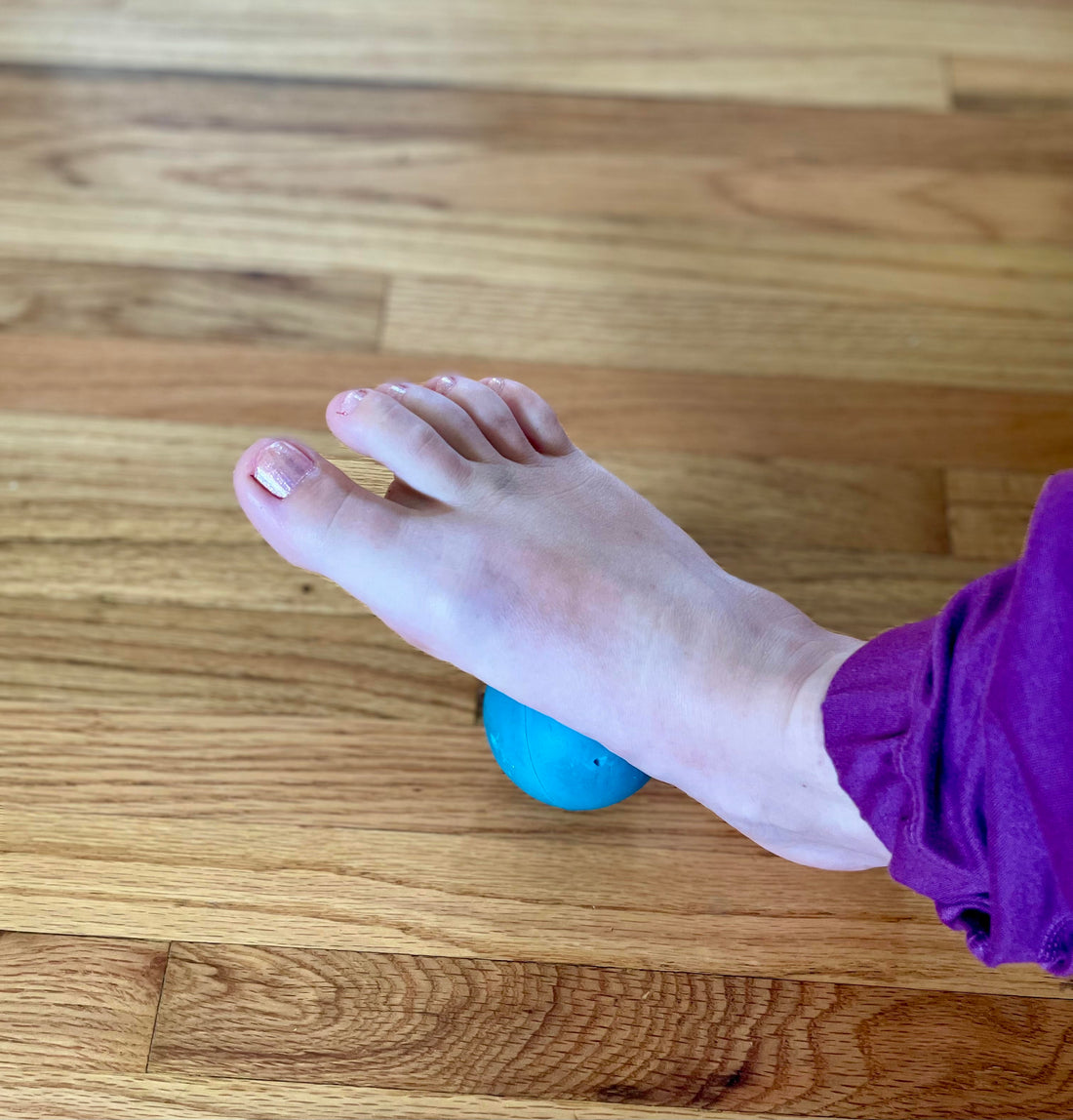
PLANTAR FASCIA 🦶🏼
Share
It's a band of tissue connecting your heel bone to the base of your toes. It supports the arch of the foot and absorbs shock when walking 🚶🏻
PLANTAR FASCIITIS is the inflammation of the plantar fascia characterized by pain in the heel area, which is most pronounced in the morning or after a long period without movement.
Could be caused by A NUMBER OF FACTORS such as:
- EXCESSIVE STRAIN 🏋🏼
- BIOMECHANICAL ABNORMALITIES 🦵🏼
- OBESITY ⚖️
- INAPPROPRIATE FOOTWEAR 👢
- AGING 🧓🏼
- DIABETES MELLITUS 🍭 etc.
Treatment for plantar fasciitis is usually conservative and can include rest, ice twice a day, anti-inflammatory medications, stretching exercises, physical therapy and taping.
Even if the fascia is healthy, it is worth taking preventative care 💆🏼♀️
SELF-MASSAGE followed by stretching could be an easy and effective start to treat or keep your fascia well 🏁
1. CLENCHED FIST ✊🏼- push down on the sole, strokes from the heel to the toes.
2. HEEL OF THE HAND ✋🏼- same idea, using the heel of your hand.
3. PUSH THE THUMB 👍🏼- push the thumb along the length of your sole, starting from your heel to the big toe and then in line to each other toe.
4. PULL THE THUMBS 🤏🏼- press both thumbs in the middle of your foot and at the same time pull each thumb to the opposite side, working the whole sole eventually.
5. BALL MASSAGE 🎾 - either sit or stand, put the ball (simple tennis ball will do) under the arch of one foot, slowly roll up and down the length of the foot, including the sides. You can lean forward to regulate the pressure.
You can adjust the pressure with your body weight, which could feel uncomfortable at first but it should NEVER HURT!
Take a little time to look after you feet, they will definitely pay you back 🏃🏼
To know more about foot anatomy come HERE.
